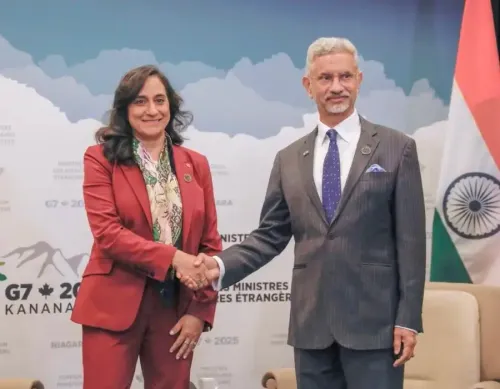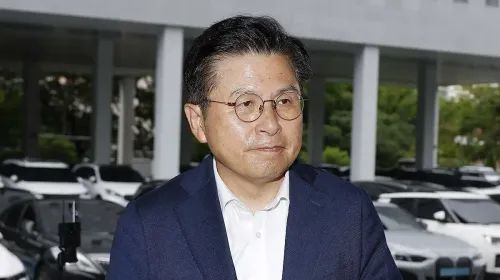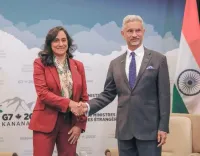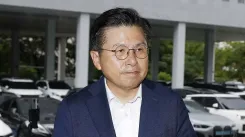Who Are Germany's New Cabinet Picks Under Chancellor-in-Waiting Merz?
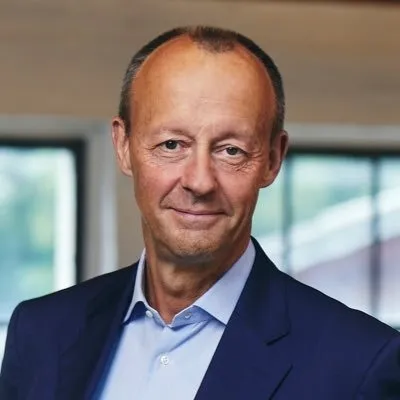
Synopsis
Key Takeaways
- Friedrich Merz is set to become Germany's Chancellor.
- Key appointments reflect a focus on economic growth.
- New roles emphasize digitalization and modernization.
- Merz advocates for a stronger international stance.
- His cabinet aims to address immigration and economic challenges.
Berlin, April 28 (NationPress) Friedrich Merz, poised to become Germany's next Chancellor, revealed the Christian Democratic Union (CDU) nominees for pivotal ministerial roles within the upcoming coalition government on Monday.
Merz is slated for election as Chancellor next week at the Bundestag, the German parliament's lower chamber.
Johann Wadephul, the current deputy leader of the CDU/CSU parliamentary group, has been put forward to take on the role of Foreign Minister. At 62 years old, Wadephul has been a Bundestag member since 2009 and is a proponent of European integration.
The Ministry of Economic Affairs will be headed by Katherina Reiche, a former Bundestag member and the current CEO of Westenergie, a subsidiary of Germany's energy giant, E.ON.
Key additional appointments include Patrick Schnieder as Minister of Transport, and Karsten Wildberger, the CEO of Ceconomy AG and MediaMarktSaturn Retail Group, who has been chosen to lead a newly formed ministry focused on digitalization and modernization, as reported by Xinhua News Agency.
Born in 1955 in North Rhine-Westphalia, Germany, Merz studied law and served as a judge at the district court in Saarbrucken, the capital of Saarland, from 1985 to 1986.
He was a member of the European Parliament from 1989 to 1994, and served in the German Bundestag from 1994 to 2009. He led the CDU/CSU parliamentary group from 2000 to 2002.
After stepping away from active politics in 2009, Merz announced his comeback in 2018 following Angela Merkel's decision not to run for re-election. He subsequently became Chairman of the CDU and leader of the CDU/CSU parliamentary group.
Apart from his political career, Merz has experience working with an international law firm, chaired the 'Atlantic Bridge' association aimed at fostering German-American relations, and held various positions in the business realm.
His close connections with the business sector have established him as a pro-business advocate within the CDU. He aims to invigorate the German economy, targeting an average annual growth rate exceeding two percent.
Merz promotes a firmer approach to immigration. Regarding foreign policy, he emphasizes diminishing Europe's dependence on the United States and restoring Germany's global stature.

